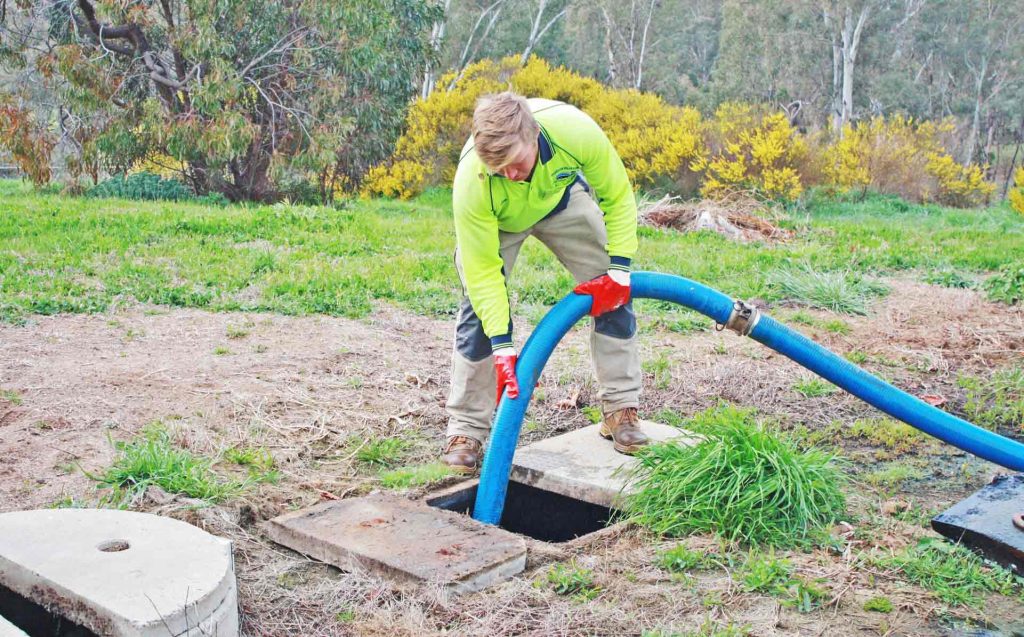Regular septic tank pumping is a crucial aspect of maintaining a healthy and functional wastewater management system, helping to prevent the onset of septic shock—a potentially dangerous condition that can have serious consequences for both the environment and human health. Septic tanks play a vital role in treating household wastewater by separating solids from liquids and allowing bacterial processes to break down organic matter. Over time, however, solid waste accumulates at the bottom of the tank, forming a layer of sludge. If this sludge is not regularly pumped out, it can lead to a condition known as septic shock. Septic shock occurs when the sludge in the tank builds up to a point where it significantly reduces the effective volume available for wastewater treatment. As a result, untreated sewage may overflow into the drain field or back up into the household plumbing, posing serious health risks and environmental hazards.

The excessive accumulation of sludge not only compromises the Septic tank pumping San Antonio ability to treat wastewater but also allows harmful pathogens and contaminants to reach the soil and groundwater, potentially contaminating drinking water sources. Regular septic tank pumping is the most effective way to prevent septic shock and maintain the proper functioning of the entire septic system. The frequency of pumping depends on various factors, including the size of the tank, the number of occupants in the household, and the volume of wastewater generated. Generally, experts recommend pumping every three to five years, but individual circumstances may warrant more frequent maintenance. By adhering to a regular pumping schedule, homeowners can ensure that the septic tank operates at optimal efficiency, preventing the accumulation of sludge and minimizing the risk of septic shock. Aside from preventing septic shock, regular tank pumping offers several additional benefits.
It extends the lifespan of the septic system, reducing the likelihood of costly repairs or replacements. Furthermore, routine maintenance helps maintain a healthy balance of bacteria in the tank, ensuring efficient decomposition of organic matter. This not only aids in preventing clogs and backups but also promotes environmental sustainability by minimizing the release of harmful pollutants into the soil and water. In conclusion, the importance of regular septic tank pumping cannot be overstated. It is a proactive measure that safeguards the health of individuals, protects the environment, and preserves the functionality of the entire septic system. Homeowners should be diligent in scheduling routine maintenance to prevent the occurrence of septic shock and its associated risks. By doing so, they contribute to the responsible management of household wastewater, promoting both public health and environmental conservation.
